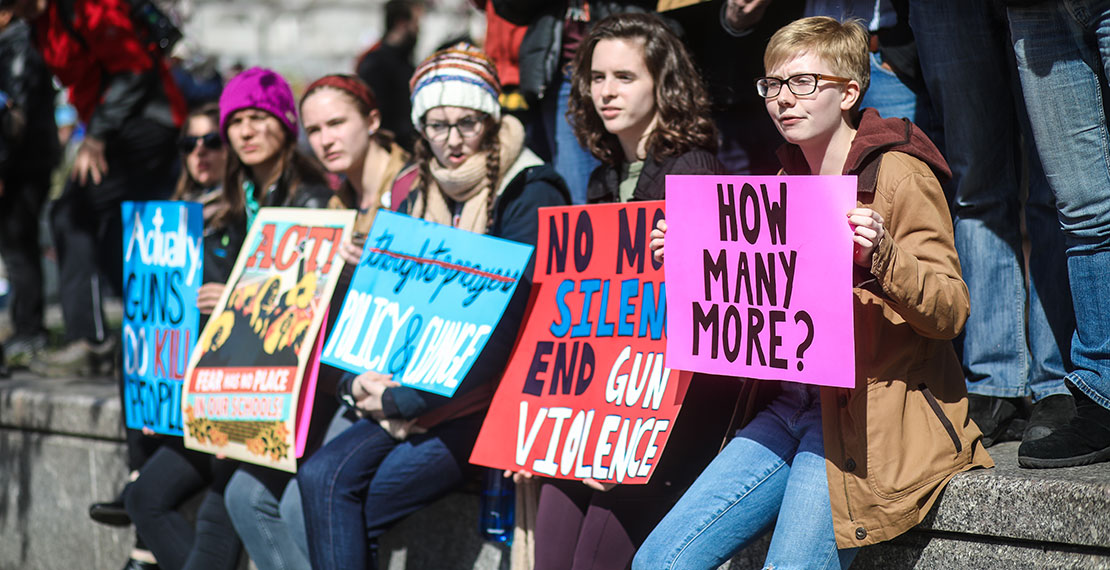(Excerpts from this story were originally published in Reuters)
Remington Outdoor Company is facing objections from families of shooting victims, among others, to its proposed wind-down plan as it nears the conclusion of its Chapter 11 case.
The gunmaker will request approval of its plan at a remote hearing on March 8 before U.S. Bankruptcy Judge Clifton Jessup Jr. in Alabama. The plan comes after last year's sales of Remington's various ammunition and firearm assets. The sales brought in about $157 million to Remington's estate, which will be used to pay off creditors.
In July, Remington filed its second bankruptcy in two years in the face of litigation with families of shooting victims and increased retailer restrictions on gun sales, with $253.7 million in funded debt.
Before seeking bankruptcy protection, Remington had been defending itself against a lawsuit brought by families of victims of the 2012 Sandy Hook Elementary School shooting. The case was put on hold as a result of the bankruptcy.
The Connecticut Supreme Court in March 2019 ruled the families could sue Remington for wrongfully marketing the Bushmaster AR-15 rifle used by the shooter, Adam Lanza, whom they say was motivated by the advertising to commit his crimes.
Remington is now looking to wind down its affairs through its proposed plan, which is supported by its unsecured creditors' committee and lenders. But families of the Sandy Hook shooting victims, represented by Selendy & Gay, argued in a March 1 objection that the plan unfairly limits their potential recoveries to proceeds of general liability insurance policies, which they say could lead to nothing.
The families say their claims should be treated the same as general unsecured claims, which are set to receive distributions from a trust for estimated recoveries of 0.2% to 1.1%. The plan does not provide an estimated recovery range for tort claims.
"Why should some unsecured creditors receive the gift of a certain recovery under the plan while similarly situated creditors have no assurance of any?" the families said in their objection.
They also challenged plan provisions that they say make it more difficult for them to resume state court litigation that was filed before the bankruptcy, including the requirement that they must obtain relief from the stay protecting bankrupt entities against litigation.
Additionally, the insurers and families are at odds over the role of a plan administrator, who is tasked with overseeing a trust set up for tort claimants and obtaining payments under the insurance policies. The plan administrator is inherently conflicted, the families argue, because it is effectively stepping into the shoes of Remington as the defendant in ongoing tort litigation while controlling the trust.
Read the full story in Reuters.



